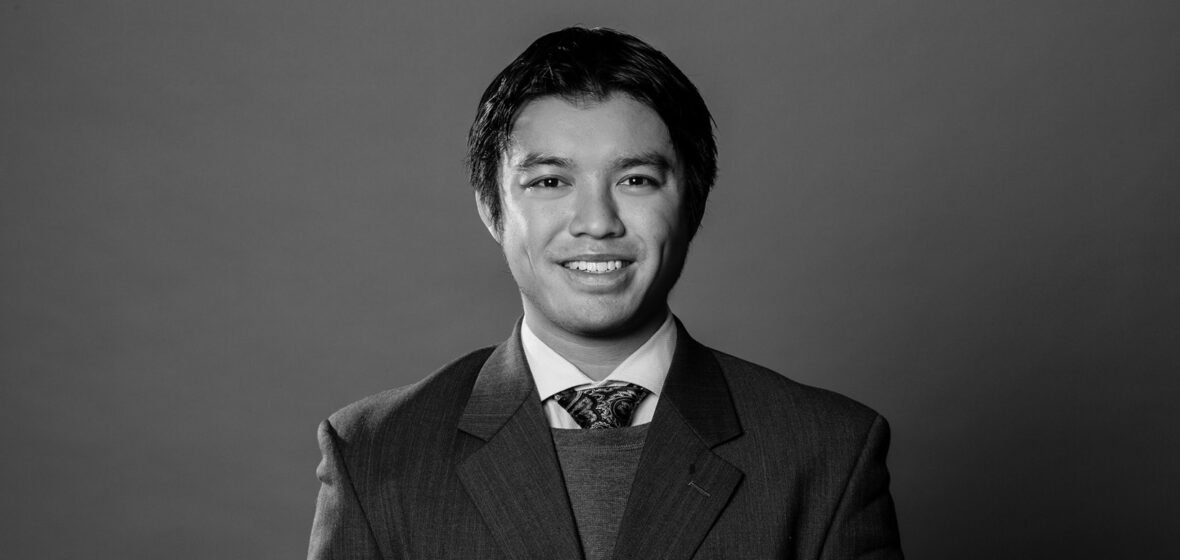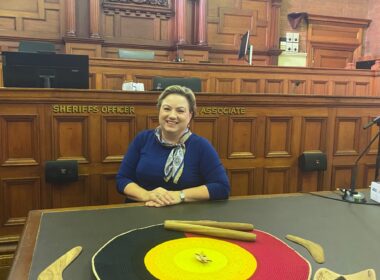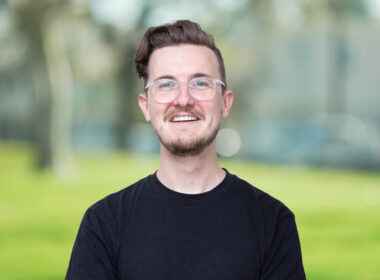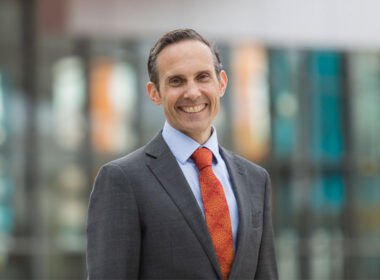Enoch Hui is a lawyer at Mills Oakley specialising in health insurance. Hui works with health agencies, medical practitioners, and allied health practitioners in both the public and private sectors. His expertise is in medical malpractice, coronial inquests, health disciplinary inquiries and health regulatory inquiries. Hui discusses his career and provides some advice for young lawyers.
Why did you pursue a career in law?
There are numerous skills that I consider to be essential – critical thinking, reading, and writing. Law happens to be a profession that encapsulates all three of these skills into one profession. I also think that the law is subtly embedded across many different areas of life. When you consider purchasing a property, or buying goods, or acquiring health care, there’s some aspect of law underlying each of them. By having a foundation in law, I knew it would broaden my career options.
How did you choose what area to specialise in?
I always aspired to specialise in a sphere where I could assist health practitioners and health organisations. I have family members who are medical practitioners and witnessed firsthand what they do for the community and the stresses they go through. I believe that stresses in the health profession are very underappreciated by the general public. In most jobs you can make errors without affecting someone’s well-being, but when it comes to the medical profession there are lives at stake. Our health is fundamental to our enjoyment of life and health practitioners play a big part in maintaining it. These past few years with COVID have really emphasised the importance of health practitioners in society.
How did you navigate the shift from university to full time work?
I tried to pinpoint the differences between succeeding at university and succeeding at full time work. For example, as a university student you can get away with poor sleep patterns, but with work you certainly can’t. Also, at university, most of the results are based on your individual performance in an exam or an assignment. In the workforce, interpersonal interactions are very important, whether it’s dealing with clients, colleagues, or other parties. I believe pinpointing these differences and trying to adapt my lifestyle accordingly helped the transition into full time work.
What has been a particular career highlight?
Supporting health practitioners through a stressful legal process has been the highlight of my career. At the start of the proceedings, my clients are usually stressed and anxious because their impressions of the legal system are often based on what they’ve seen on TV. For example, I’m often asked whether their case will be broadcasted in the media, when in reality it’s very different as most cases are kept confidential. Being able to support my clients, and in the process cultivate trust and friendship, has definitely been a highlight.
Do you have any advice for newly admitted lawyers?
Firstly, choose an area you’re interested in and whole-heartedly pursue it. When you’re entering a graduate position, it can be easy to pick the first option that’s available to get your foot in the door. But I think it’s so important to enjoy and have passion about what you do. Secondly, never be afraid to ask questions. As a junior lawyer, it’s easy to worry your questions might be burdensome or take up time when in fact they set a foundation for your knowledge and help you grow. Thirdly, consider how you can improve the culture at your workplace. It’s easy to focus on impressing others through work performance; however, while this is important, a good work culture is paramount to enjoying the work that you do. I would encourage newly admitted lawyers not to underestimate the role they can play in improving their workplace culture.
What are your hopes for the future of the legal profession?
I hope to see more innovative efforts implemented to make the legal profession more appealing to the general public and to law students. I think the reputation of the legal profession is that it consists of long judgments and complex terminology, when there’s actually much more to it. My wife and I recently visited the Sir Harry Gibbs Legal Heritage Centre in the Queensland Supreme Court where they used comics and charts to explain legal processes. It was very engaging and my wife, who has no legal background, stayed to read through all the content.




